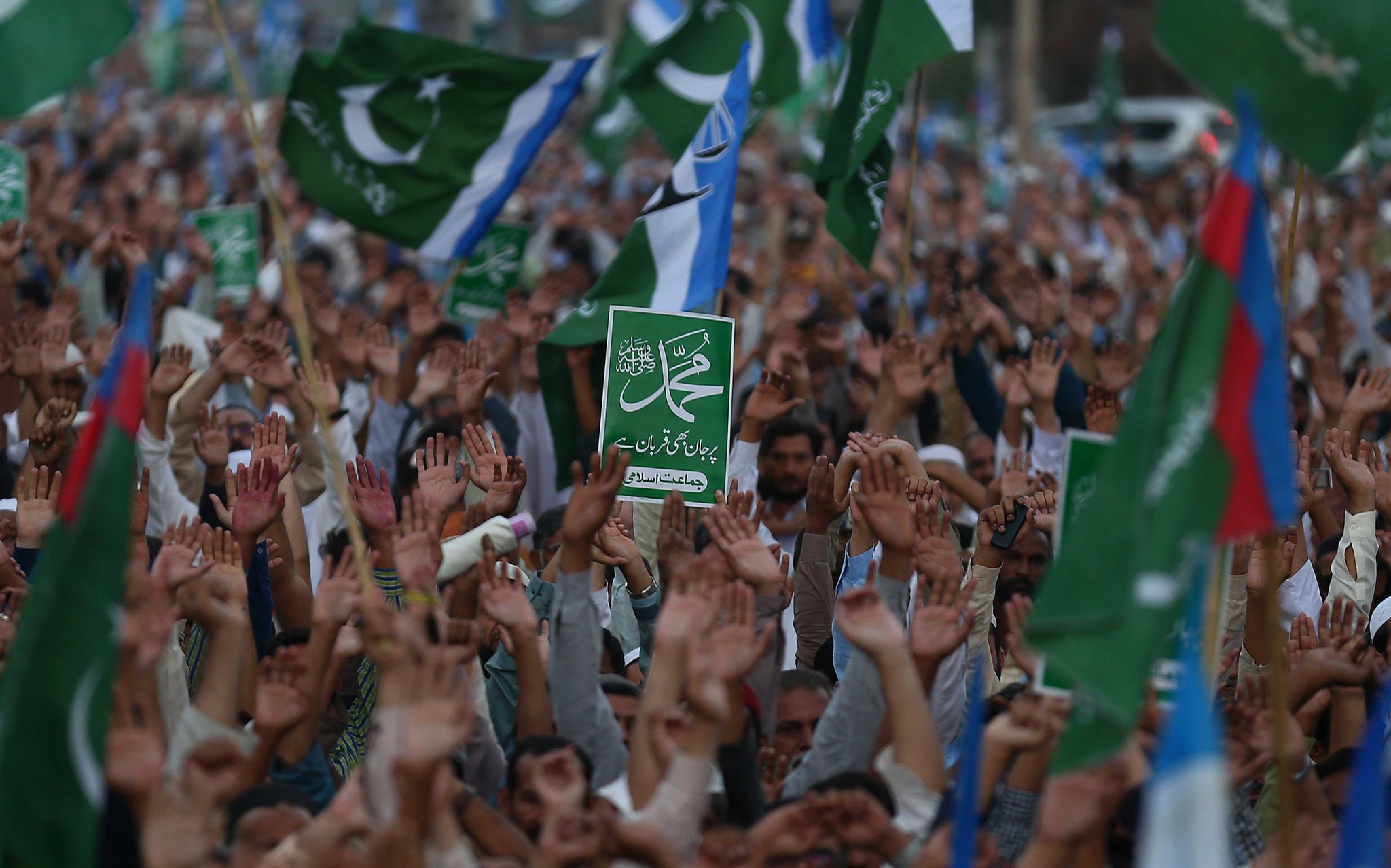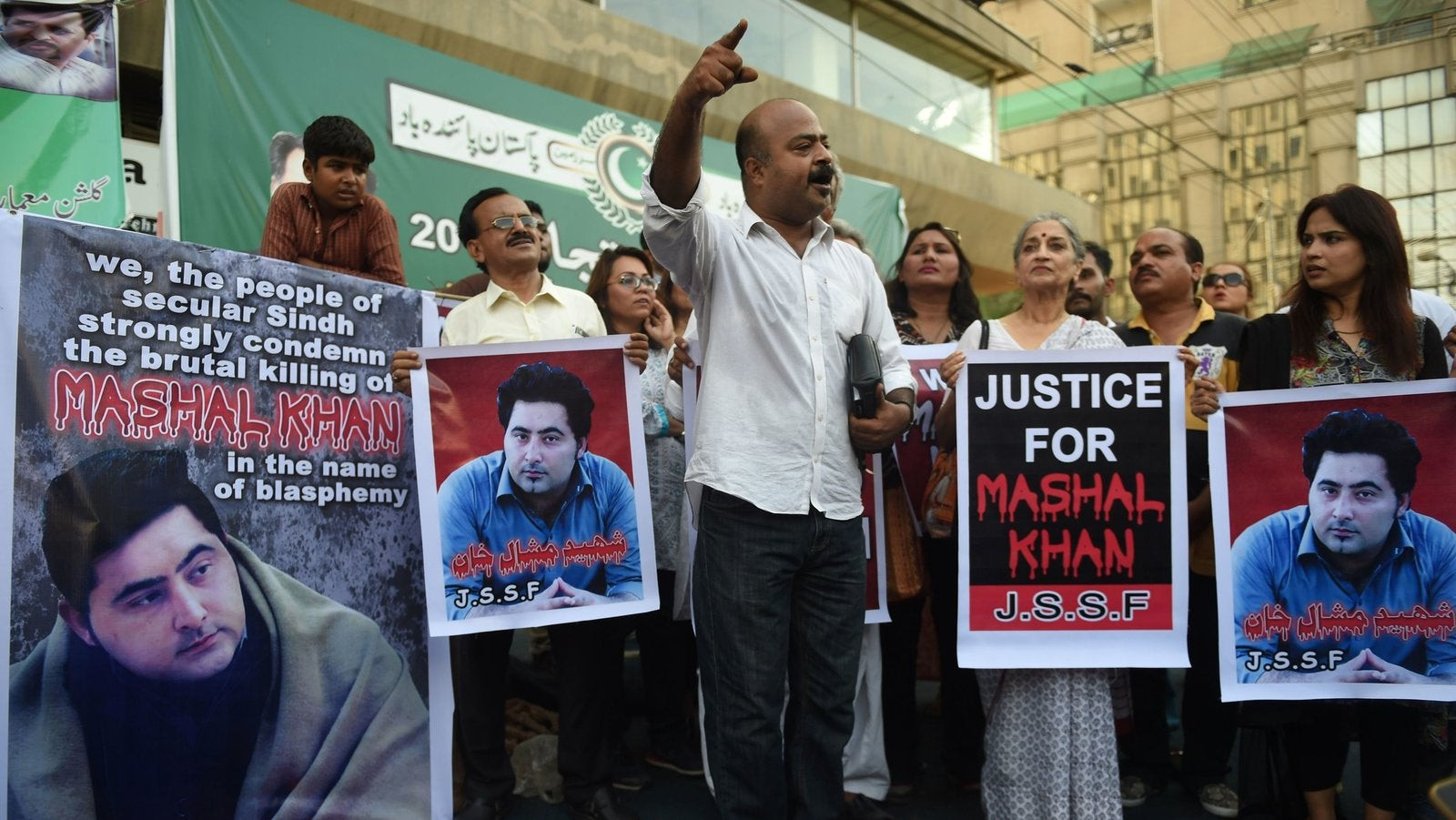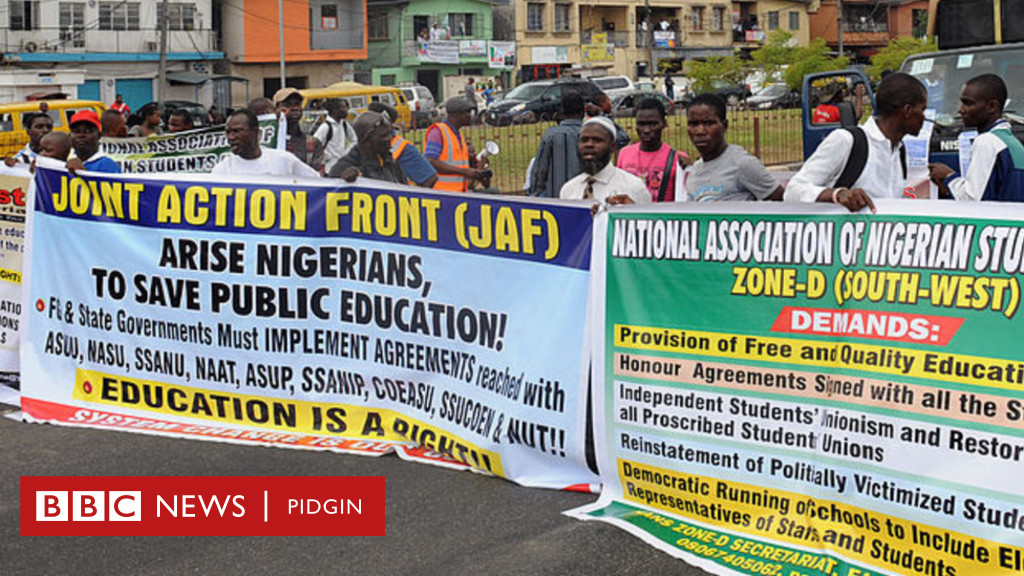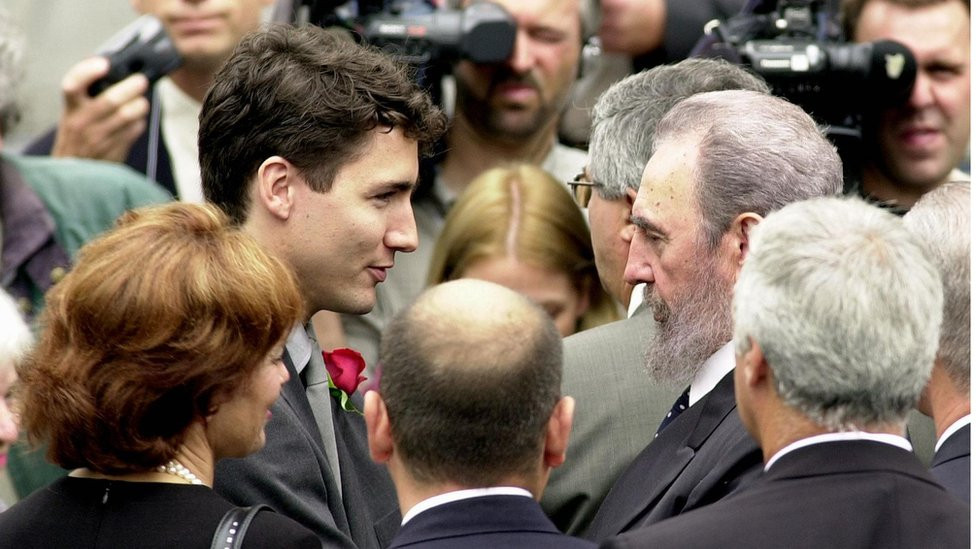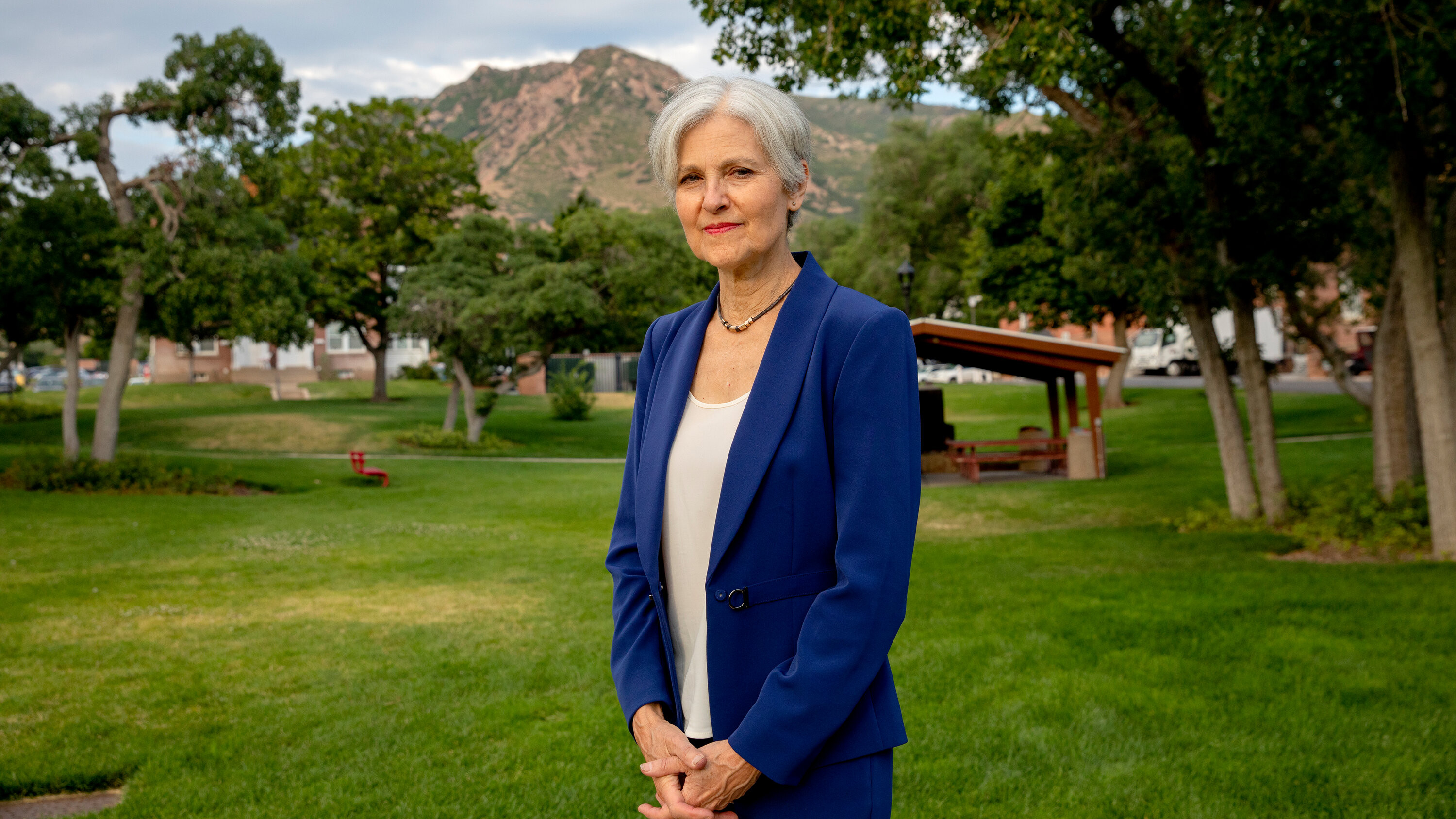Multan, Pakistan — Pakistan’s government said Thursday that police had orchestrated the killing of a doctor who was in custody after he was accused of blasphemy. Officers then lied about the circumstances of his death, claiming he was killed in a shootout between police and armed men, a provincial minister said.
The doctor, Shah Nawaz, from the southern Sindh province, had given himself up to police last week in the district of Mirpur Khas, following assurances that he would be given a chance to prove his innocence.
Days earlier in the city of Umerkot, a mob claimed he insulted Islam’s Prophet Muhammad and shared blasphemous content on social media, and demanded his arrest. The mob also burned Nawaz’s clinic.
According to the provincial Interior Minister, Ziaul Hassan, a government probe concluded that Nawaz was killed shortly after he gave himself up to authorities in what was a staged “fake encounter” engineered by the security forces.
There was no shootout with armed men as police had claimed, Hassan told reporters at a news conference in the southern port city of Karachi, and added that Nawaz’s family will be able to file murder charges against police officers who killed him.
Hours after Nawaz was fatally shot and his body handed over to his family, a mob snatched it from Nawaz’s father and burned it.
Hassan’s statement backed up Nawaz’s family allegations earlier this week.
Accusations of blasphemy, sometimes even just rumors, can spark riots and mob rampages in Pakistan. Although killings of blasphemy suspects by mobs are common, extrajudicial killings by police are rare.
Under Pakistan’s controversial blasphemy laws, anyone found guilty of insulting Islam or Islamic religious figures can be sentenced to death, though authorities have yet to carry out a death sentence for blasphemy.
Nawaz’s father thanked the government for backing the family and demanded that his son’s killers face justice under the eye-for-an-eye concept under Sharia, or Islamic law.
“We have only one demand: Those police officers who staged the killing of my son … must also be killed in the same manner,” said Nawaz’s father, Mohammad Saleh.
Saleh told The Associated Press over the phone that he was grateful for all the support the family was given and to all those who condemned extremist clerics who had enraged the mob with calls for his son to be killed.
“Those who killed my son should be punished quickly so that others learn a lesson and not indulge in extrajudicial killings in the future,” said Nawaz’s mother, Rehmat Kunbar.
She added her son can no longer come back to her but that she wants to save the children of other parents from the hands of extremists.
Nawaz’s killing was the second case of an extrajudicial killing by police this month in Pakistan.
A week before, an officer opened fire inside a police station in the southwestern city of Quetta, fatally wounding Syed Khan, a suspect held on accusations of blasphemy.
Khan was arrested after officers rescued him from an enraged mob that claimed he had insulted Islam’s prophet. But he was killed by a police officer, Mohammad Khurram, who was quickly arrested. However, the tribe and the family of the slain man later said they had pardoned the officer.
Last week, Shah Nawaz, a 32-year-old doctor in Pakistan's Sindh province, was shot by police, who claimed he had resisted arrest after being accused of insulting Islam's Prophet Muhammad and sharing "blasphemous" content on social media.
Nawaz's family rejected the police's claims and said he was killed while in custody after surrendering to police. The family said authorities told him he would have a chance to prove his innocence.
It was the second such killing in a week. On September 12, a 52-year-old man in Balochistan province was killed while held in custody at a police station for blasphemy accusations.
The killings drew condemnation from the independent Human Rights Commission of Pakistan (HRCP), which said in a statement it was "gravely concerned by the alleged extrajudicial killing of two people accused of blasphemy."
"This pattern of violence in cases of blasphemy, in which law enforcement personnel are allegedly involved, is an alarming trend," the HRCP statement said.
In religiously conservative Pakistan, speech considered insulting or criticizing Islam is punishable by death.
Although no one has ever been formally executed by the state under blasphemy laws, in dozens of cases, lynch mobs have killed those accused before a trial could take place.
To view this video please enable JavaScript, and consider upgrading to a web browser that supports HTML5 video
Pakistan, in recent years, has witnessed a surge of blasphemy-related killings. In numerous cases, mere accusations have unleashed lynch mobs.
Last year, blasphemy accusations triggered mobs that attacked Christian neighborhoods in the eastern province of Punjab, burning several churches and displacing hundreds of people from their homes. Christians have said those involved in the violence have yet to be put on trial.
In 2011, a former governor of Punjab province, Salman Taseer, was murdered by his bodyguard over his support for reforming Pakistan's blasphemy laws.
"Such killings are the combination of religious intolerance, deeply influential religious forces, and the state being unwilling or unable to confront the problem," Michael Kugelman, a South Asia expert at the Washington-based Woodrow Wilson Center for Scholars, told DW.
In some cases, accusing someone of blasphemy can be used to settle personal scores, vendettas or to seize property.
"There is no need to go to court, just a public accusation of blasphemy will gather and incite vigilante mobs to lynch the accused, without waiting for any court case," Tahira Abdullah, a human rights activist, told DW.
Ruth Stephen, a Pakistani minority rights activist, told DW that accusing someone of blasphemy can be used "strategically to settle personal scores."
She added that the government of Pakistan "organizes and enables" religious extremists, which contributes to the problem of blasphemy killings.
Abdullah said a long-term solution would be for authorities to "review and amend the laws and procedures, which were tampered with illegally and unconstitutionally by unelected military dictator Zia-ul-Haq in the 1980s."
The HRCP has demanded the government ensure an independent inquiry into the recent blasphemy deaths at the hands of police.
However, analyst Kugelman said that Islamist hardliners are "deeply influential" in Pakistani politics, and "civilian and military leaderships have been unwilling to antagonize them."
"We have seen throughout Pakistan's history that those who exploit blasphemy laws, and those who justify violence against alleged violators of those laws, are treated with kid gloves by the Pakistani state," Kugelman said.
Activist Stephen said that the international community should put pressure on Pakistan's government to take action against blasphemy killings, for example, with the threat of sanctions.
The US Commission on International Religious Freedom has regularly asserted that Pakistan is one of the world's strictest and most frequent enforcers of blasphemy laws.
However, analyst Kugelman said that he doesn't think the international community will go as far as enacting sanctions over blasphemy-related killings.
"But we've seen the problem repeatedly flagged by Western governments, including the US in its annual religious freedom reports. Of course, simply flagging the problem won't make it go away, but at least it keeps the issue front and center internationally, and that's critical."
"International pressure can't stop rising mob killings, but it can keep the issue on the radar. And that at least puts pressure on the Pakistani government, knowing that key capitals, especially in the West, are concerned about a problem that Islamabad has been unwilling or unable to stop," he added.
To view this video please enable JavaScript, and consider upgrading to a web browser that supports HTML5 video
Edited by: Wesley Rahn MOB lynchings under the pretext of blasphemy have become commonplace. In exceptional circumstances, law enforcement officials intervene and take accused persons into custody before the mob sets upon them. But two recent cases in Quetta and Umerkot, where accused persons were killed while in police custody, make clear that the rot runs deep.
Mercifully, there is another side to this story. The response of a wide cross-section of Sindhi political circles, intellectuals and common people to the Umerkot incident has been swift and considerable. Immediately after the event, a young Hindu man, Premo Kohli, prevented the enraged mob from setting the body of the lynched man, Dr Shahnawaz Kunbhar, on fire. This act of bravery then became the rallying cry for a wider mobilisation, culminating in a public protest bringing together thousands of people in Umerkot, the scene of the original lynching, on Sept 25.
There is likely to be more mobilisation in the coming days on both sides of the ideological divide. It is not to be understated that the religious right — both mainstream and militant — has created significant pockets of support in Sindhi society in recent years. The right-wing always looks at emotive events like lynchings as opportunities to further its agenda. But of all of Pakistan’s brutalised peripheries, Sindh remains home to the most robust and historically powerful expressions of cultural resistance to right-wing militancy.
Ironically, it is from Sindh that mainstream Pakistani historiography traces its origins; in this familiar story, Islam entered the subcontinent through Muhammad bin Qasim’s conquest of Sindh. But despite the investments made by the Pakistani state in propagating this official history, Sindhi public opinion has always resisted the idea that Muhammad bin Qasim was a liberator.
Sindh is home to a robust pushback against right-wing militancy.
Over the past eight decades, the Sindhi language and its literatures have been developed more than all of Pakistan’s vernaculars. The vast majority of Sindhi-speaking children grow up learning how to read and write their mother tongue. Sindhi-language newspapers have a reach far exceeding Urdu and English ones.
Cultural resistance to the religious right, as well as the big landed pirs who instrumentalise their spiritual power, is not a recent phenomenon. The 17th-century Sufi saint and poet Shah Inayat was also a Robin Hood figure who mobilised landless peasants — popularly called haris in Sindh — against landlords and local kingdoms. This legacy carried on into the 20th century under the tutelage of legendary figures like the communist leader Haider Bux Jatoi. These feats of popular resistance are immortalised in the words of Latif, and many others.
Despite all of this, Sindhi politics remains in the shadows of the PPP. For a brief period after it was formed in 1967, the PPP in Sindh embodied the aspirations of workers and peasants, as well as the progressive intelligentsia at large. While some of the latter remain convinced of the PPP’s progressive credentials, today’s PPP is an umbrella for landlords and state functionaries that are anything but answerable to the people.
So it was with Dr Shahnawaz Kunbhar, killed while in the custody of high-ranking police officials, who were in turn garlanded by prominent religious functionaries. To date, there has been no meaningful action taken by the PPP-led provincial government against these powerful men, let alone a public statement by PPP leaders condemning the mob lynching.
The PPP is not fundamentally responsible for Pakistan’s drift towards the right — that accolade belongs to the military establishment and its organic intellectuals. But the PPP, like all mainstream bourgeois parties, almost always chooses silence rather than confrontation over incidents like the Umerkot lynching.
As the PPP continues to insist on finding a way to pass the latest constitutional amendment, which makes a mockery of the notion of separation of powers and institutional independence, it should not be forgotten that it was when Zulfikar Ali Bhutto was prime minister that the second amendment was made to the 1974 Constitution through which Ahmadis were excommunicated.
Such expediencies have gotten us to where we are. Every day they push us further towards the proverbial abyss. The fact that Sindhi progressives continue to push back despite everything is a source of hope. They are paralleled by young Pakhtun progressives resisting the forces of reaction and the establishment through the PTM, and Baloch women that are doing so through the BYC. The next step would be a countrywide umbrella that brings together all of these vibrant forms of cultural resistance to offer a genuine political-economic alternative to the establishment-centric system of power.
The writer teaches at Quaid-i-Azam University, Islamabad.
Published in Dawn, September 27th, 2024
Dear visitor, the comments section is undergoing an overhaul and will return soon.
Compunode.com Pvt. Ltd. (www.compunode.com).Designed for Dawn.
Copyright © 2024, Dawn
NewsKit Publishing Platform Get Alerts
The history of blasphemy law in Pakistan dates back to British rule in the subcontinent, where it was first implemented in 1860 and remained in force until 1927. Under this law, individuals found guilty of defaming any religion could face imprisonment for up to ten years. However, an important aspect of this law was that following an accusation of blasphemy, it was the responsibility of the government and the courts to conduct a thorough investigation, and if the accused was found guilty, to administer legal punishment through the established judicial process, rather than through mob justice. This law was also adopted in Pakistan after its creation in 1947. Subsequently, General Ziaul Haq introduced several amendments to the law from 1980 to 1986, during his tenure. This was a period marked by political turmoil, and Zia sought to consolidate his power by exploiting religion for political gain following the execution of prime minister Zulfikar Ali Bhutto and the subsequent public resistance.
In the name of Islamisation, General Ziaul Haq persecuted his opponents, women, and those belonging to other religions. By altering the curriculum in educational institutions, he planted the seeds of narrow-mindedness and animosity in the minds of innocent children and youth. General Ziaul Haq aligned with the US in the Afghan war against Russia, inadvertently fostering extremism and terrorism, which continues to plague Pakistan with bloodshed. The misuse of religion by Zia, along with the inclusion of numerous blasphemy clauses in the Constitution, has led to the ongoing trend of mob lynching people charged with blasphemy, with little visible effort from the state to prevent this.
A report by the National Commission for Justice and Peace sheds light on the staggering statistics of blasphemy accusations in Pakistan from 1987 to 2018. These numbers, including 776 Muslims, 505 Ahmadis, 229 Christians, and 30 Hindus accused, paint a grim picture of the situation. The report also highlights the tragic events surrounding individuals like Governor Punjab Salman Taseer and Minister of Minority Affairs, Shehbaz Bhatti, who faced violent consequences for advocating reform. Additionally, the case of Mashal Khan, a student unjustly targeted and killed, underscores the urgency of addressing this issue. These distressing incidents are just a glimpse of the widespread challenges faced across the country.
In 2010, Sherry Rahman, a member of the ruling party at the time, proposed a bill in the assembly aiming to amend the blasphemy law. The bill sought to ensure that cases of blasphemy would be heard in higher courts. However, it was withdrawn in 2011 due to pressure from religious parties. Since then, no other political party has been willing to broach the subject.
A few days ago, in the city of Umarkot in Sindh, a man named Dr Shahnawaz Kunbhar was accused of blasphemy. He was alleged to have shared blasphemous content on a Facebook account under the name "Shahnawaz Shah," although the accused belonged to the Kunbhar caste, not the Shah caste. Following the accusation, a video statement from the doctor emerged in which he denied the existence of the Facebook ID in question. Despite this, he was reportedly killed in a supposed police encounter, and videos showing his body being brutally burnt have circulated on social media. While this is not the first instance of blasphemy in Sindh, there have been numerous previous occurrences. It is disheartening that this incident has originated from the Thar region, where Muslims and individuals of other faiths coexist in large numbers in harmony. Additionally, it is regrettable that instead of apprehending the accused and bringing him to court, the police took it upon themselves to act as judge and jury, resulting in the death of a citizen who had not been proven guilty.
Despite public outcry leading to the suspension of the concerned DIG, there remains a reluctance among opposition, government, and political parties to address reforms to the blasphemy law in the country. In 2010, Sherry Rahman, a member of the ruling party at the time, proposed a bill in the assembly aiming to amend the blasphemy law. The bill sought to ensure that cases of blasphemy would be heard in higher courts. However, it was withdrawn in 2011 due to pressure from religious parties. Since then, no other political party has been willing to broach the subject.
The Constitution of Pakistan declares the country as the Islamic Republic while also emphasising the protection of citizens belonging to other religions. In a democratic society, people of all faiths have the right to freely practice and propagate their beliefs. However, it's crucial to remember that taking the law into one's own hands and challenging the state's authority is a punishable crime. Any individual found guilty of blasphemy should be subject to legal punishment, and vigilantism should not be tolerated. The law should be applied uniformly across all religions. If any religious group is insulted, the legal consequences should be consistent. Additionally, the state must prevent mob violence and ensure the swift implementation of the law. Religious scholars play a significant role in providing authentic Islamic education that promotes peace. The Quran advocates rationality and prohibits unjustified violence. Instead of condoning mob rule, the proper legal processes should be upheld to ensure justice for all citizens.
The author holds a Ph.D. in World History from Shanghai University in China. He serves as an Assistant Professor of History at the Aror University of Art, Architecture, Design and Heritage, Sukkur, and can be reached at: [email protected].
The Friday Times is Pakistan’s first independent weekly, founded in 1989.TFT offers a diverse range of perspectives on national and international issues.
Copyright ©2024 The Friday Times. All Rights Reserved.




